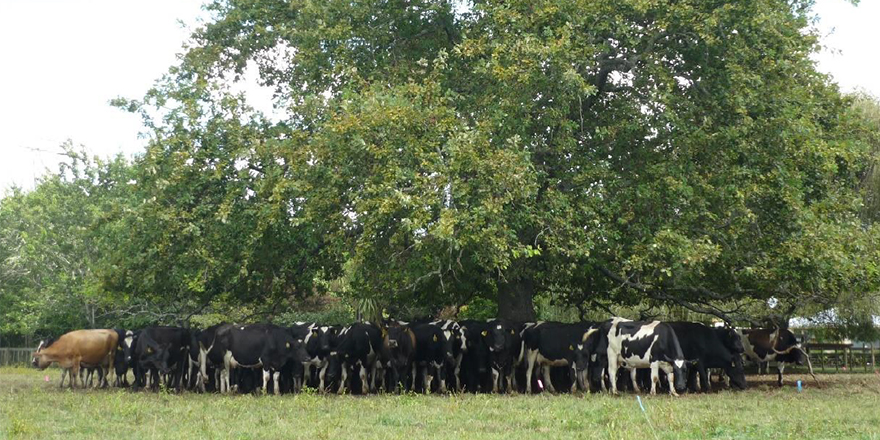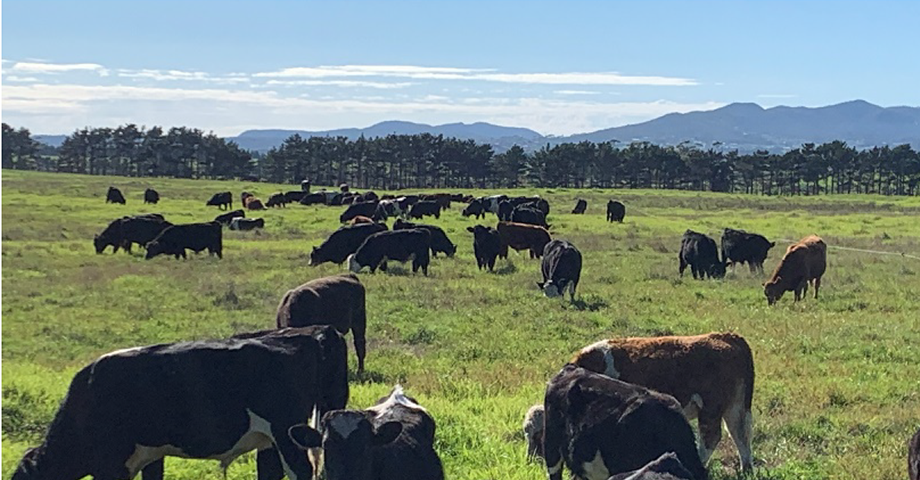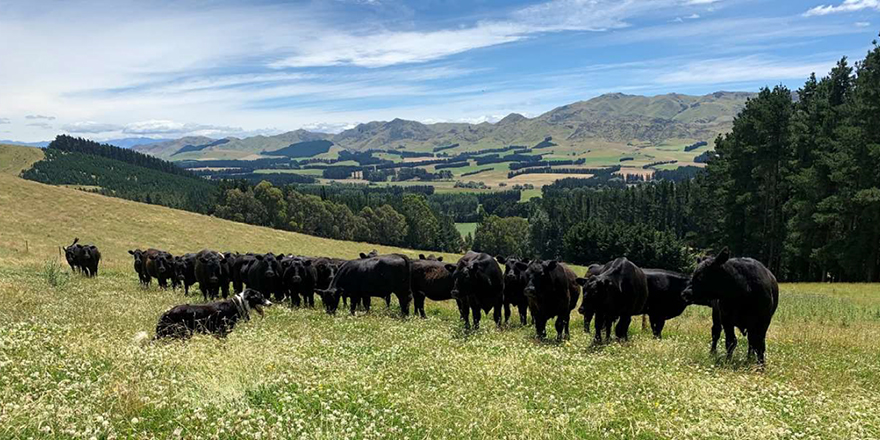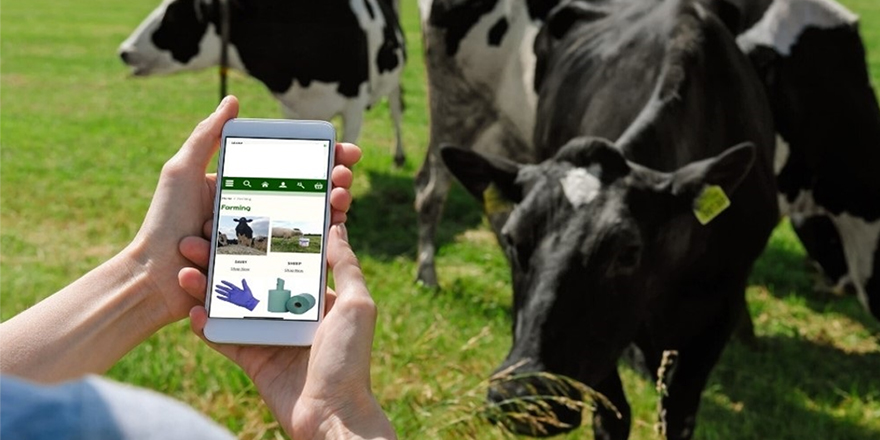
Executive summary
Sustainability is the hot topic for Aotearoa New Zealand’s primary industries. There is increasing regulation for farm businesses to meet especially around improved environmental outcomes. The three pillars model of sustainability include environment, economic and social values. As landowners alter their farm systems to meet legislative requirements and adapt to the already changing climate, all facets of sustainability must be considered. Animal welfare does not have the same regulatory drivers as freshwater, or the global significance of climate change. There is a risk the welfare of pastoral livestock will not be sufficiently prioritised through this period of significant change.
Based on the five freedoms, the Aotearoa Animal Welfare Act 1999 requires owners and persons in charge of animals to provide for their animals’ ‘physical, health and behavioural needs’. Since the development of the five freedoms, advances in animal welfare over the past three decades have led to the suggestion that instead of focussing on poor welfare and suffering, ideals which would act to ensure good welfare and prevent suffering should also be given consideration. Worldwide, public awareness regarding the treatment and well-being of animals continues to increase. The promotion of good levels of animal welfare is not only a moral obligation towards animals but is also essential in the sustainability of practices and the success of production systems which rely on animals.
Global warming of 1.09°C has already caused widespread impacts globally. This is due to greenhouse gas emissions from human-activities, primarily from burning fossil fuels and clearance of forest for pastoral land but also methane from ruminants and manure in agriculture. Agriculture accounts for 91% of biogenic methane emissions in Aotearoa, and 19% of other ‘long-lived’ gases specifically nitrous oxide and carbon dioxide (Climate Change Commission, 2021). Finding ways to reduce emissions is crucial for the transition to a low-emissions Aotearoa, and to maintain our reputation as a producer of high-quality food and fibre products.
Weather extremes arising from increasing climate change will directly and adversely impact the primary sector, with two significant floods on the West Coast in July 2021 and February 2022. This is coupled with indirect effects such as changes to seasonal growing patterns and the distribution of pests and diseases. As the defining issue of this century, climate change mitigation and adaptation will influence farm system changes for decades. When considering the impact of greenhouse gas mitigation policies on farm animal welfare, the sector must look beyond achieving merely neutral welfare by meeting the basic needs of animals. A ‘good life’ for animals, where they have opportunities for positive experiences must be the goal.
The aim of this report is to explore whether there are opportunities to improve animal welfare through climate change action. Beginning with a literature review of animal welfare and climate change articles, thematic analysis was then used to code common themes and compare and contrast the information. Using heat stress as an example several areas where greenhouse gas mitigation could improve animal welfare outcomes have been identified. There are more areas where the complex interactions of biological systems could lead to an improvement for animals, but without careful evaluation of the risks and benefits may also negatively impact the welfare of livestock.
As farmers make short-term changes and consider their long-term options in response to climate change and the need to reduce emissions, animal welfare must be explicitly considered as part of the decision making. To help this occur several recommendations have been identified. These recommendations state that:
- Increase the understanding of animal welfare based on the Five Domains Model.
- Consider the impacts on animal welfare as part of climate change advice.
- Farmers should actively seek information about animal welfare impacts.
Download and read the full report here:




